Getting a second-hand phone doesn't have to be overly complicated or stressful.
Over the last few years, the cost of smartphones has skyrocketed. It's no longer uncommon to see phones being sold for $1,000 or more, making the decision to buy a new handset quite the investment. Thanks to the ever-growing used smartphone market, though, it's rather easy to take the sting out of those increasing prices.
The used marketplace is a great way to save some cash on your next phone purchase, and if you have old devices lying around that you aren't using anymore, selling them allows someone else to use it while simultaneously putting extra money in your pocket — making it that much easier to get your hands on a top-notch phone for yourself.
Things to consider before you buy a used phone
We've already talked about the principles of selling your phone, and you can keep all of those in mind as you go to buy a used phone. Go through the same sort of checklist — factory reset, SIM unlock status, original accessories, damage, sales history — to decide if the phone you're buying has been given the care you would have given your own phone to sell. There's a loose thought process to go through:
The first is what kind of used phone you're looking to buy:
- A used phone purchased directly from an owner (eg. Swappa, Craigslist, eBay)
- A refurbished phone that has been through a "touch-up" directly from the manufacturer or a partner (eg. Verizon, Samsung, Amazon, Gazelle, Best Buy)
Know what kind of used phone buying experience you want before you start shopping around.
You can probably get the best deal buying directly from someone else because there is no intermediary taking a fee, but you also run the risk of the phone having issues that the naked eye can't see. If you know exactly what you want and know what to look for, you're probably going to be comfortable buying a used phone from a direct marketplace like Craiglist, Swappa, eBay or one of many buy/sell forums.
If you don't want to take any chances with the quality, but still don't mind a bit of wear and tear, buying through an intermediary marketplace like Gazelle could work really well. The phones often come with (admittedly limited) warranties and money-back guarantees which, as a buyer, offers considerably more peace of mind than the average "meet up at the nearby 7-Eleven and hand over a wad of cash" type deal.
Finally, buying a certified refurbished phone is your safest bet, but comes with the least discount over a new product. Carriers, retailers and third parties all refurbish and sell used devices, with varying levels of discount and inventory options. These phones are used, yes, but they've gone through a (varying) set of checks to verify their condition and details before being cleaned up and passed on to you. There's a peace of mind associated with buying refurbished, but there's also a cost associated.
Along with all of that, there's something else to consider — your health.
Given the current pandemic, buying a phone that's been used by someone else might be something you're thinking twice about. Seeing as how germs and viruses can stick on devices if not properly cleaned/sanitized, it's normal to have some apprehension about used phones right now.
While that concern is perfectly validated, we want to reassure you that the possibility of contracting a virus from a used phone is pretty minimal. That said, there are some precautions we recommend taking if you want to minimize any chances of that potentially happening.
The best places to buy a used phone
This is not an exhaustive list. There are innumerable places to buy a used phone on the internet, and depending on your country, this list may not be as applicable (though we tried to highlight international marketplaces as much as possible).
Gazelle
Gazelle uses an interesting model: it buys phones from sellers and resells some of them on its website just like a regular e-commerce store (the rest are either recycled or sold to third parties). The advantage is that once Gazelle receives the device it performs a so-called "30-point inspection process" to ensure that it is in working order, and puts a SIM card in it to make sure it can properly connect to a network.
As a buyer, that means you may pay slightly more than Swappa for the equivalent model, but you get a phone that is guaranteed to work, either unlocked on a number of carriers or the one that it is advertised to be locked to, and there is a 30-day return policy if you're not completely satisfied.
Gazelle also offers financing options, which allows it to compete with carriers by offering flexible payment plans that don't require a lot of money up front. At the same time, Gazelle doesn't accept every type of Android phone, but it's willing to take in most popular models that are within a few years old.
Good: Seamless buying experience with plenty of choice, all phones come with a charger and are guaranteed to work, 30-day money back return policy.
Bad: Doesn't sell every type of phone, and can be more expensive than person-to-person marketplaces.
Craigslist
Craigslist relies on in-person meetings for a cash transaction, which can be hit-or-miss depending on how adept you are at identifying scams — of which there are many.
The main thing Craigslist has going for it is size and scale — it's practically everywhere, and has communities for almost every city in the world. You will be able to find a used phone on Craigslist, that's not the problem; the problem is sifting through the thousands of listings to find something worth pursuing and ensuring that the phone you decide on does not have underlying damage or, worse, that its IMEI (a unique number that helps identify individual devices) hasn't been blocked due to theft.
Good: Good prices, excellent availability, and plenty of choice, with the option of buying local to check condition.
Bad: Hard to verify sellers or the quality of the phones.
eBay
eBay is enormous, and today continues to be one of the top places to purchase a used phone. It has the advantages of Craigslist, scale, with few of the disadvantages, especially since it uses PayPal to ensure that payments can be recalled should there be a problem.
For buyers, eBay has a robust filtering system, allowing you to search for exactly what you want, with filters for price, carrier — even color. Of course, eBay still has its roots as an auction house, and that is how some used phones are still sold, but far more of them are sold at set prices. eBay charges sellers, not buyers, to host their listings, so all you need to do is find the right listing and you're off to the races.
eBay's best feature is its Money Back Guarantee which, combined with the extensive seller profiles, make it easy to buy with confidence. If there's an issue with the device, or the shipment, you can apply to get your money back and, within reason, eBay will either cancel the PayPal transaction or, if it's already gone through, refund you. And seller profiles let you filter potential purchases based on trusted sellers that have been around the block once, ten, or ten thousand times.
Good: Lots of selection with verifiable sellers with a money-back guarantee and buyer protection.
Bad: Potentially high cost of shipping, and you won't be able to see the device before buying.
Swappa
Swappa began its life as a small Android-based phone buying and selling community, but it's since expanded to include all mobile devices like iPhones, as well as tablets, Chromebooks and MacBooks.
Swappa works on a set fee structure that's very different to most other platforms, and this is important: the buyer pays the fee. Most will pay under $20 for the privilege though, which isn't bad at all, and all payments are done over PayPal, which is incredibly convenient and secure. Why is a buyer fee better for both buyers and sellers? Because it encourages sellers to list their products on Swappa, adding inventory to a service that relies heavily on participation.
Swappa does not physically inspect devices, but it does do a few things to make sure the buyer is getting what he or she pays for: all listings are verified by a human, who ensures that the IMEI is valid and can be activated. All listings must have good quality photos that clearly show any damage, and the quality (fair/good/excellent) should match the photos. And the cost of shipping is included in the price of the listing, which should prevent post-sale price gouging. And because Swappa uses PayPal, all listings are protected, so if a device doesn't arrive as advertised, buyers have recourse to get their money back.
Finally, Swappa's prices tend to be lower than many curated services, and because Swappa lists the sale history of phones of the same type you're likely to get a fair price for the phone in the current market.
Good: Plenty of listings with clear quality guidelines and good prices.
Bad: Buyer pays fee, and there's no warranty or guaranteed accessories.
Glyde
Glyde has an interesting business model, somewhere between Swappa and Gazelle. Like Swappa, it's a user-to-user e-commerce portal but, like Gazelle, it asserts some control over the potential exchange by forcing the seller to use its secure shipping container, and doesn't release payment to the seller until the buyer receives it. It also promises to refund a disappointed buyer within 72-hours.
Buyers pay no additional fee beyond what is shown on the site, but the inventory is limited to just iPhones and the last few generations of Samsung Galaxy phones.
Good: Lots of choice and buyers have leverage if unhappy with a sale.
Bad: Selection limited to iPhone and Samsung Galaxy. Phones are not inspected beforehand so what you see may not be what you get.
UpTrade
UpTrade is another good choice if you want to keep the process of buying or selling a used phone as simple as can be. If you're a buyer, just search the phone you're looking for and UpTrade will show what it has in stock. Every listing includes hands-on pictures of the exact phone being sold, including the UpTrade employee that inspected it and any inspection notes they made. All phones sold on UpTrade are "UpTrade Certified," meaning they go through a 50+ point inspection check and are sanatized by UpTrade before being shipped to you.
If you have a phone to sell, UpTrade makes things just as streamlined. Indicate the model you're selling, its configuration, and what kind of condition it's in. UpTrade gives you a quote for how much you'll get, and you can then get the full amount in 14 days after the inspection or in 1-2 days after inspection at the cost of a 10% reduction in your payment. You need to provide your own box for shipping the phone to UpTrade, but you get a free shipping label. If you send the phone to UpTrade but change your mind, they'll send it back at no extra cost.
Good: Very streamlined, easy-to-use website for both buyers and sellers.
Bad: Can take a while to get paid. Have to supply your own shipping box.
from Android Central - Android Forums, News, Reviews, Help and Android Wallpapers https://ift.tt/2vcvQRb
via IFTTT

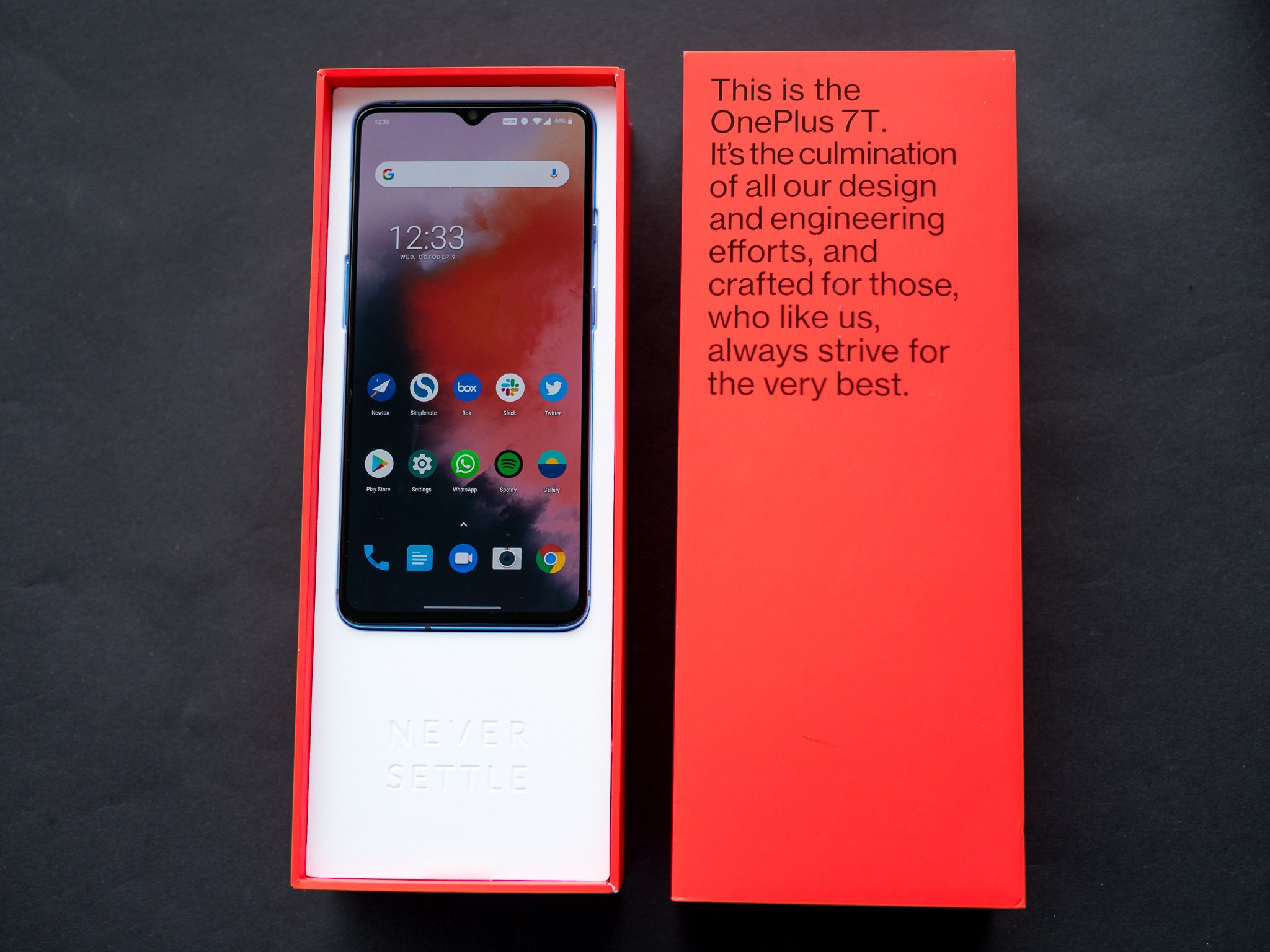
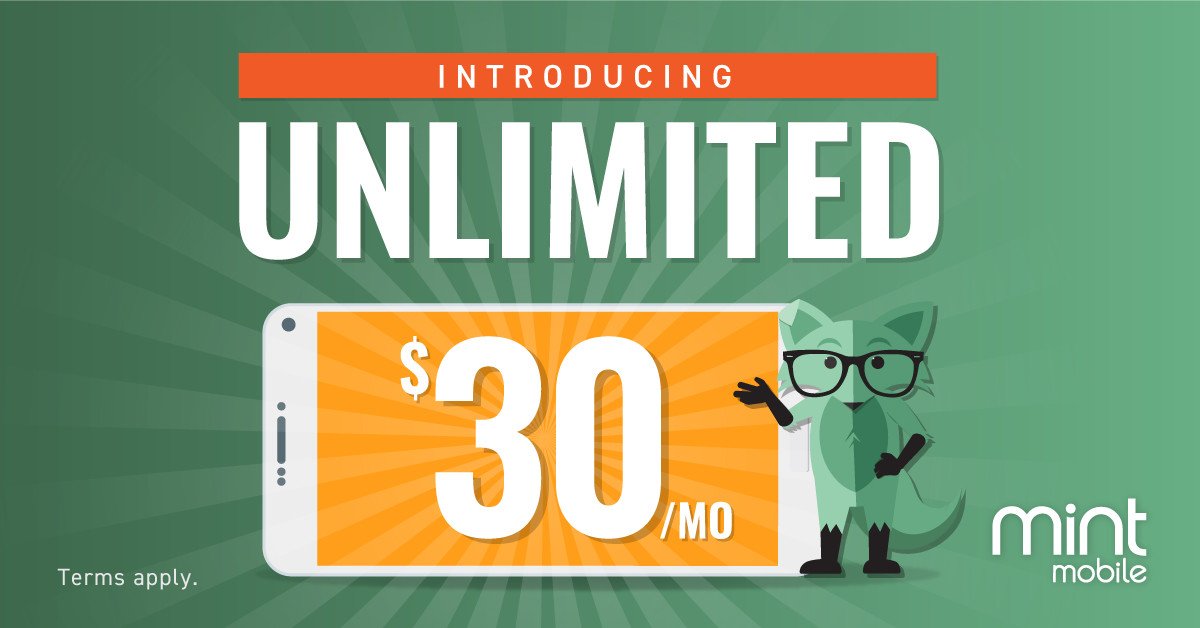
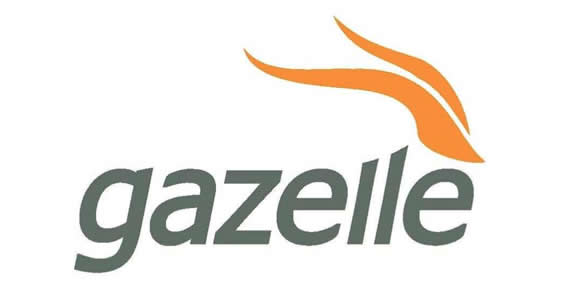

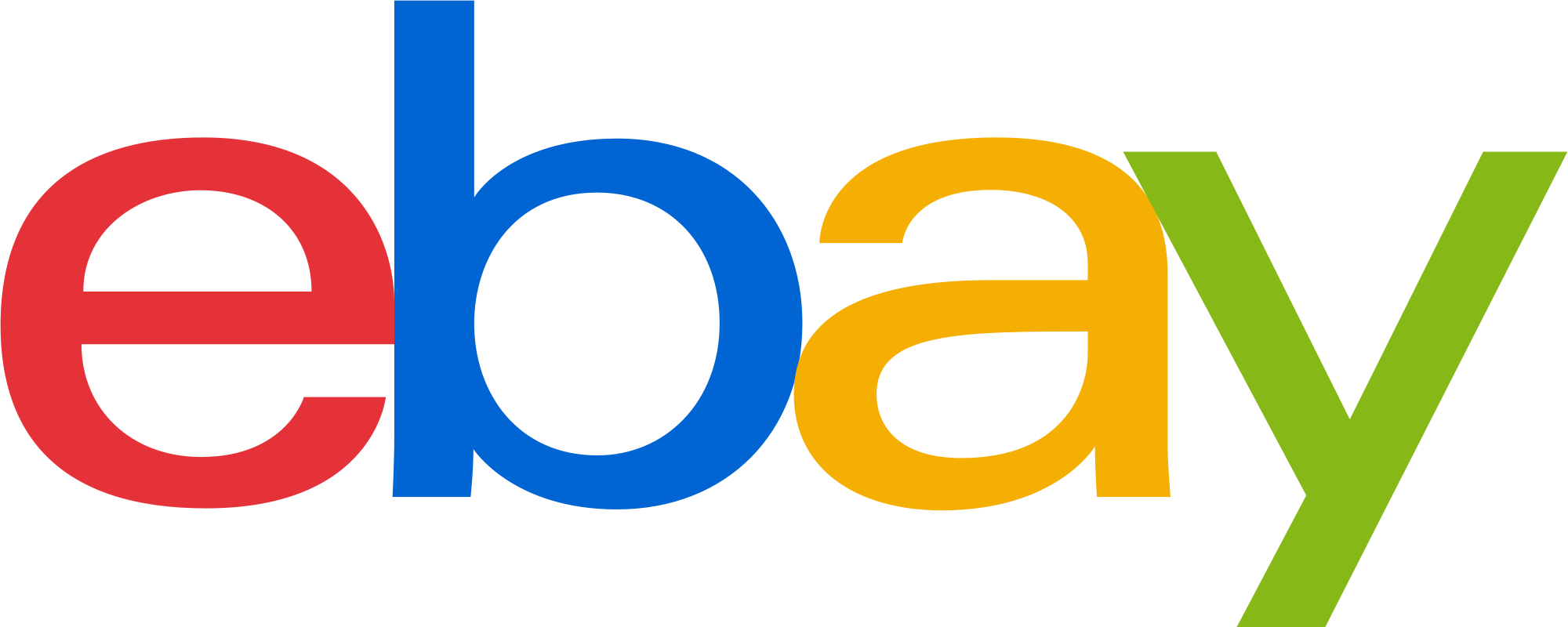


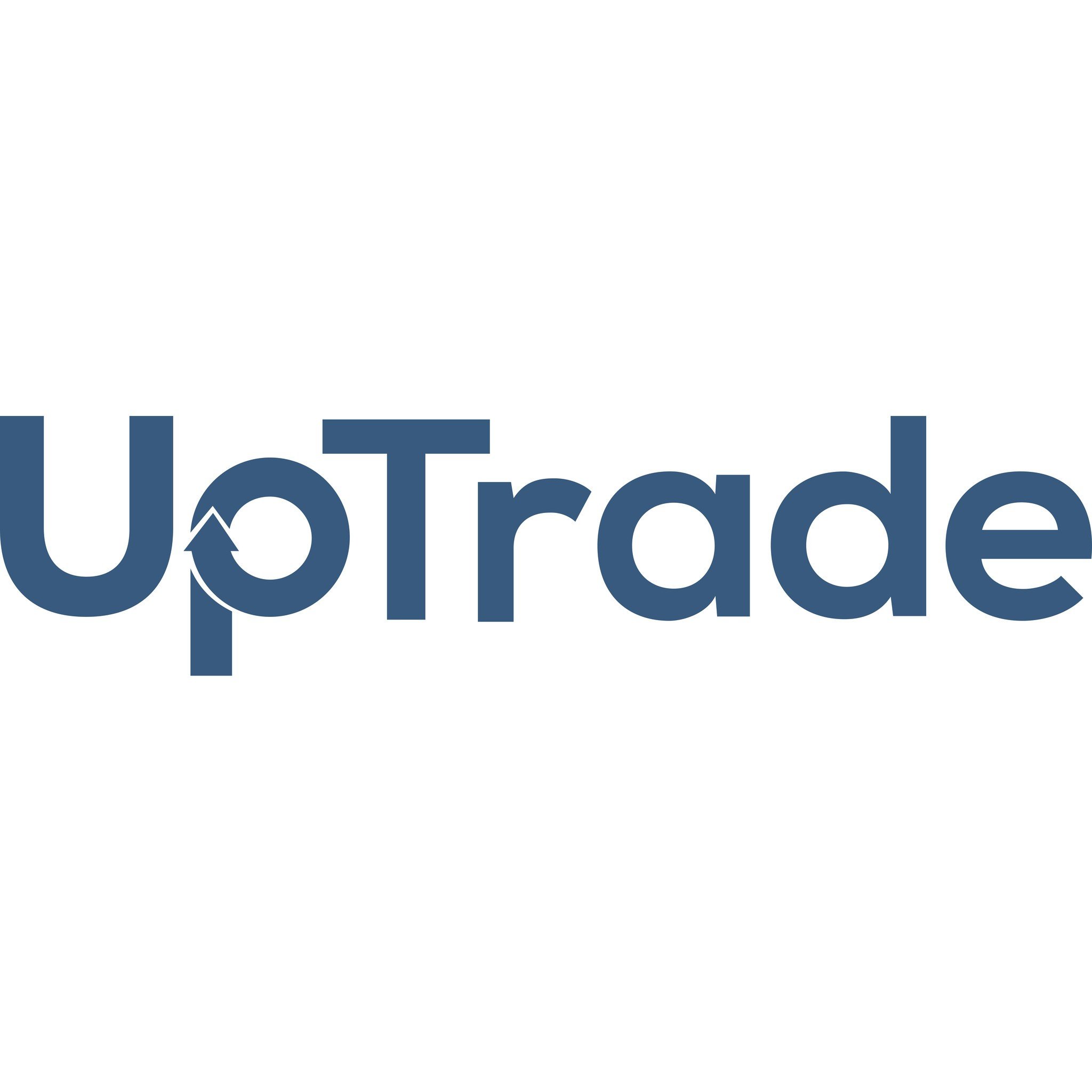



0 comments: